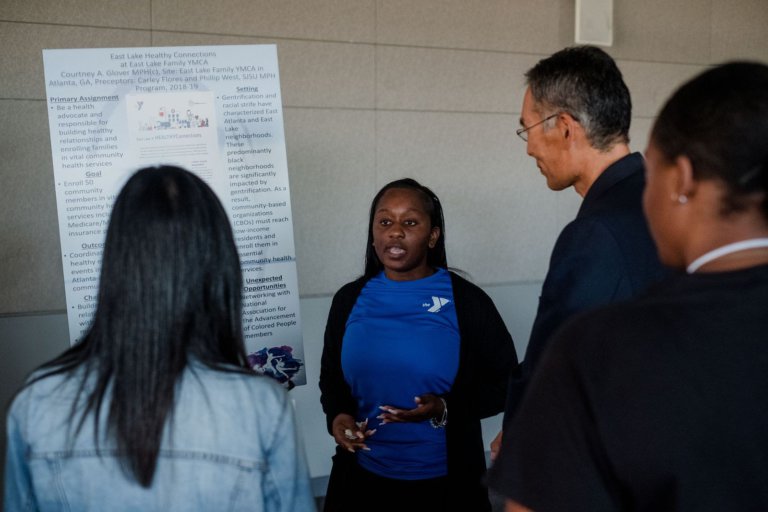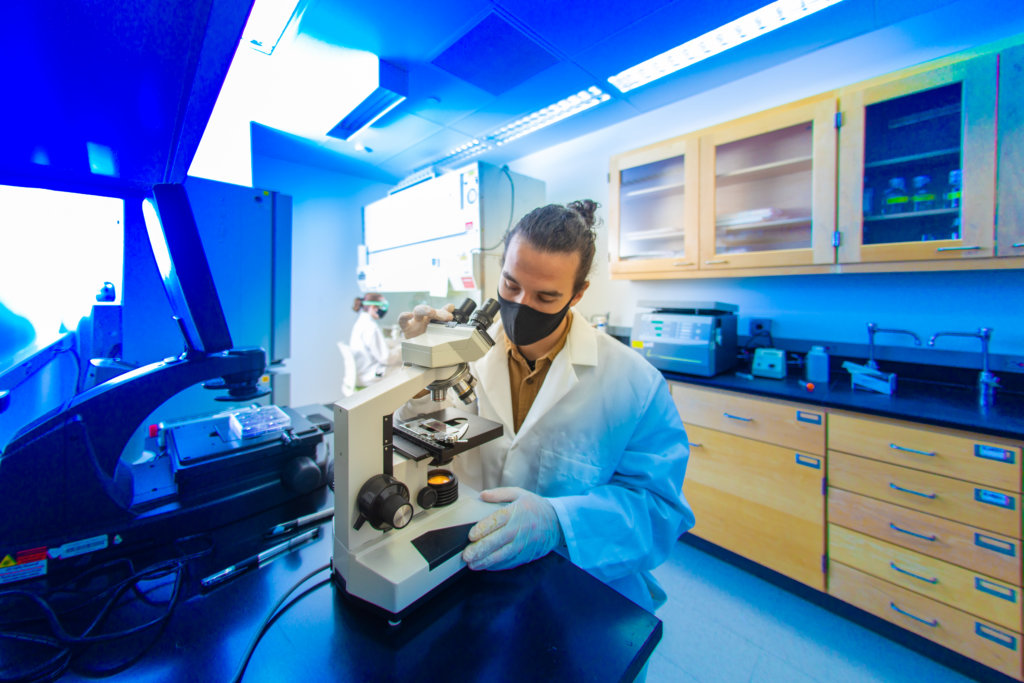
The COVID-19 pandemic has ravaged health systems and economies worldwide. In the process, those less fortunate, minorities and too many vulnerable populations have been disproportionately affected. Social isolation and movement restriction measures didn’t help. Hence, the rise of health inequity.
According to the Centres for Disease Control and Prevention, the opposite, health equity, is achieved when every person has the opportunity to “attain his or her full health potential” and no one is “disadvantaged from achieving this potential because of social position or other socially determined circumstances.”
Thankfully, public health professionals have gone above and beyond and will continue to do so to achieve this outcome. However, there’s more work to be done — evident through the fact that public health jobs are expected to grow between 5% to 11% in the next 10 years, according to the US Bureau of Labour Statistics.
These universities have postgraduate programmes comprehensive enough to help you fill the gap:
San José State University

Closing health disparities among historically underserved population groups is no easy feat, but this MPH’s holistic nature makes it achievable. Source: San José State University
San José State University’s fight to advocate for healthier communities began in 1970 when it introduced its dynamic Master of Public Health programme — which has been accredited by the Council on Education for Public Health (CEPH), the nationally recognised accrediting body for both schools and programmes of public health since 1974. Aspirants from across the globe choose it as a launchpad to learn the fundamentals of creating better health outcomes.
It’s little wonder why. The highly-ranked programme is known for its emphasis on practice and community-based engagement through an integrated model of study that merges instruction and scholarship. Thanks to a diverse network of community programmes and practitioners, worksite internships abound for those ready to apply knowledge. The university’s commitment to diversity, equity and inclusion makes it the perfect place for acquiring such world-changing knowledge, as such components are reflected across the course curriculum.
Enter the MPH programme’s specialisation in community health education, which is delivered both online and on campus. However delivered, both formats meet the same programme outcomes and fulfill the same essential course objectives, with the core assignments adjusted for mode. Graduates of the program will emerge ready to leverage evidence-based best practices and culturally relevant, solution-oriented approaches to current and future health challenges.
Several graduates are already doing so. The practice-oriented MPH programme has produced a large number of decision-makers who are adding value in diverse public health settings — think private industry, social services, government and every sector in between. This number grows every year with graduates landing rewarding roles in the fields of academia, public policy, administration, epidemiology and research. If you’d like to be one of them, click here.
Kent State University

Students in the College of Public Health are learning to develop the real-world knowledge and skills needed to achieve professional success. Source: Kent State University Facebook
Kent State University sets out to nurture leaders — specifically the kinds that break the mould and push boundaries. Plenty are developed in the College of Public Health, where they are gearing up to join health fields that are as topical as they are exciting: emergency management, disease investigation, health services administration, occupational health and safety, environmental risk assessment, global health, and many others.
Its Master of Public Health (MPH) was created to address a nationwide shortage in these fields with four speciality areas: epidemiology, biostatistics, social and behavioural sciences, as well as health policy and management. All routes were designed to assist students in developing the real-world knowledge and skills needed to achieve professional success.
However, the Social and Behavioural Sciences option is especially topical. Its module covers the theoretical basis of health behaviour in populations across the life course. It also teaches learners to apply theoretical principles to design, implement and evaluate effective health behaviour programmes.
Meanwhile, the Health Policy and Management concentration trains professionals capable of addressing public health risks and developing effective health services delivery models. It incorporates lessons in health services research, health policy analysis, and health care planning and management throughout.
University at Buffalo

The School of Public Health and Health Professions at the University at Buffalo, a flagship campus of The State University of New York, is home to over 30 research centres, laboratories, and facilities. Source: University at Buffalo
Ranked amongst the world’s top 1%. 31st among the US’s finest public universities. A proud member of the prestigious Association of American Universities. These are the traits that make the University at Buffalo, a flagship campus of The State University of New York, the dynamic institution it is known for being.
Its School of Public Health and Health Professions is just as impressive. It is one of only a handful of public health schools in the country to also include health-related professions, offering important opportunities to learn about different health disciplines learners might work with in their career.
Within its classrooms, students learn from expert faculty and enjoy access to over 30 research centres, laboratories, and facilities. Students can also participate in hands-on experiential learning including practical training like health department internships, field placements, and clinical assignments.
Every postgraduate programme at the school unlocks these offerings — however, to solve urgent world health issues, it doesn’t get more relevant than a Master of Public Health (MPH). The school offers several concentrations, among them Biostatistics; Community Health and Health Behaviour; Environmental Health; Epidemiology; and Health Services. One of the best parts? A customised MPH programme can be completed entirely online — a rare perk for MPH aspirants.
*Some of the institutions featured in this article are commercial partners of Study International









